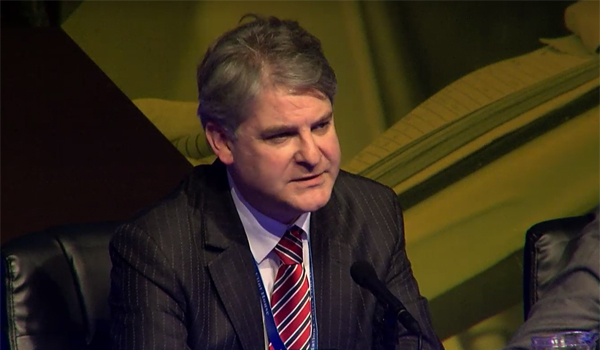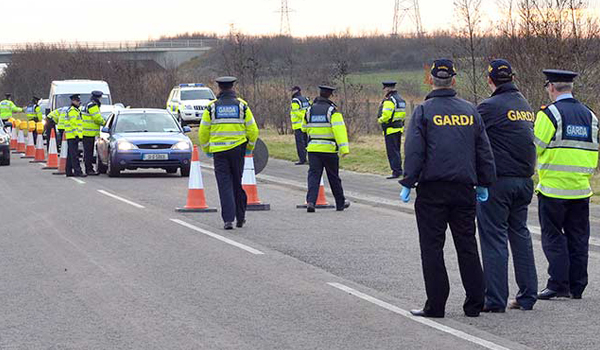HMICFRS report calls for more PSNI officers to be issued with Tasers
More officers from the Police Service of Northern Ireland (PSNI) could be issued with Tasers following a recommendation from Her Majesty’s Inspectorate of Constabulary and Fire and Rescue Services (HMICFRS).
In wide-ranging review, published today (September 10), HM Inspector Matt Parr said it was ‘illogical’ that the officers with the force, all of whom carry firearms, are only issued with tasers when they are deployed in armed response vehicles.
Similar arrangements used to apply in England and Wales, but since 2007, Tasers have been made available to an increasing number of officers with many forces providing the to any suitably qualified frontline officer who wishes to carry one.
The lack of access to conducted energy devices (CEDs) such as Taser means that “frontline PSNI officers who respond to serious incidents involving dangerous people have fewer options available to them to resolve the incident with the minimum use of force”, the report notes, adding: “We did not think it was logical that operational officers (particularly those working in frontline uniform response roles) in the PSNI aren’t routinely equipped with CEDs as well as conventional firearms.”
In the six months between April 1, 2019, and September 30, 2019, PSNI officers drew their firearms on 254 occasions.
“This is a 15 percent increase compared with the same six-month period in 2018,” said the report. “Whenever officers (in any force) draw firearms, the potential for them to shoot someone is present. Doing so carries a very high risk of inflicting fatal injury. While the use of CEDs isn’t without risk, it is relatively lower. We believe those arguments support the PSNI making CEDs available to more officers.”
The report adds that, due to the local context and legacy of the Troubles, rolling out more Tasers would generate significant public interest and recommends that the chief constable first consult closely with all communities, the Northern Ireland Police Board and other interested parties.
The benefits to public safety of equipping more frontline officer with CEDs should also be communicated ahead of any increase in their deployment.
PSNI Deputy Chief Constable Mark Hamilton welcomed the overall “good” grading awarded by HMICFRS in the Police Effectiveness, Efficiency and Legitimacy inspection.
He added: “The availability of CEDs, as a tactical option, is one that we do not take for granted and their issue and use is subject to rigorous accountability and limited to a small group of specialist officers trained and accredited to national standards in its carriage and use.”
Other areas for improvement identified in the inspection included officers are not consistently submitting the correct form after incidents where they have used force.
The report said: “This means the service is not recording its use of force accurately. It needs to implement a system that identifies when a form is missing and prompts officers to submit one.”
Mr Parr said the PSNI should also improve its recording of stop and search data and the quality of its scrutiny, particularly external scrutiny, into the use of this power and its effect on communities.
He noted that the force operated in a particularly complicated social and political environment. “This can make it difficult for the service to build a positive relationship with some communities. In this context, it has done well to inspire confidence. The service treats the public fairly and respectfully. There are signs that the historically difficult relationship between the PSNI and some Catholic communities is improving.”
In some areas, officers are now more able to carry out neighbourhood policing using marked police vehicles and organise meetings with community leaders, the report noted. It also found more schools are receptive to working with the PSNI’s school liaison officers.
Mr Hamilton said: “The inspection has shown that we have improved our response to preventing crime and tackling anti-social behaviour. It has also shown how we continue to plan well for the future and have a good understanding of the changing demands for the service.
“We are pleased that inspectors acknowledged our continuing work in reaching out to communities. We are also pleased to see our efforts to improve our well being provision, to our officers and staff, and we will continue to work to make it more accessible.”
“We acknowledge the recommendation for greater external scrutiny around stop and search powers. As a police service, we have a number of governance groups to oversee the use of police powers, including stop and search, to ensure that they are being used proportionately and effectively.”







